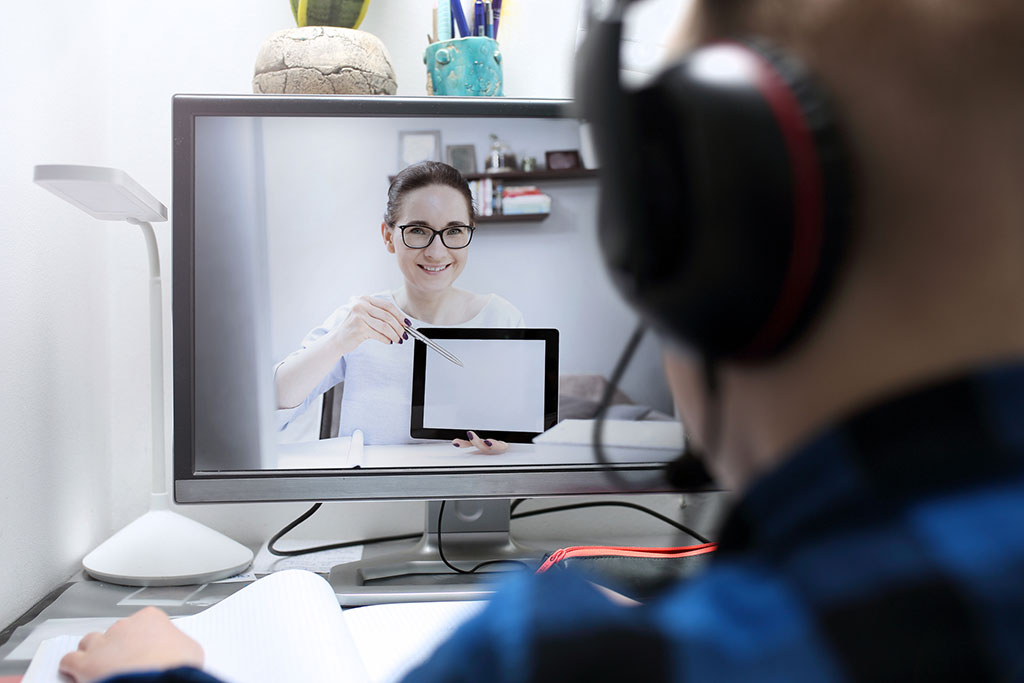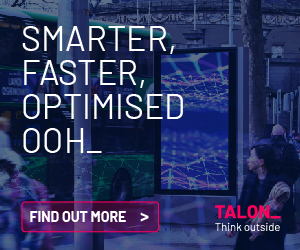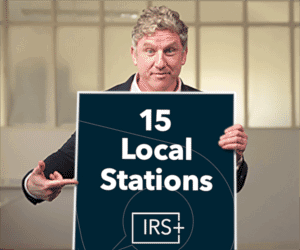With the lifting of lockdown restrictions now underway B&A’s weekly Life on Lockdown series sheds some light on the consumer week nine in Life on Lockdown and we’re seeing a glimmer of hope.
A Significant Milestone

- The news came, on 25th May, that we’d had our first day of zero deaths from Covid-19 since the early days of the crisis.
- We haven’t been able to say this since the 10th March. That’s more than 2 months of victims and families suffering, day after day.
- To use the Taoiseach’s words, this really is a significant milestone and one that shifted the mood of the nation.
- We are lifted by the hope that yes, we can beat this thing. It is confirmation that the government’s strategy is paying dividends.
- It wasn’t lost on us that us that just as we reach this milestone, the plan of action in the UK has been totally undermined by the shenanigans of those in power and the media storm surrounding that.
- But the news of the 25th May is also a testimony to what our own sacrifice has achieved. Getting this far comes down to our ability to pull together, to work for the greater good. We have all played our part in this.
- At the same time, the battle is far from won. The path forward from here will be a continual exercise in managing risk. Relaxing and restricting. Keeping the disease at bay at the same time as building up everything else it has ravaged in its path. The more we think about it, the more we realise that this will be an even greater test of our government’s ingenuity and our own resolve.
- But in flattening the curve, we have made significant progress in the biggest crisis in the history of our modern state. That’s worth acknowledging.
The ‘Other’ Crisis
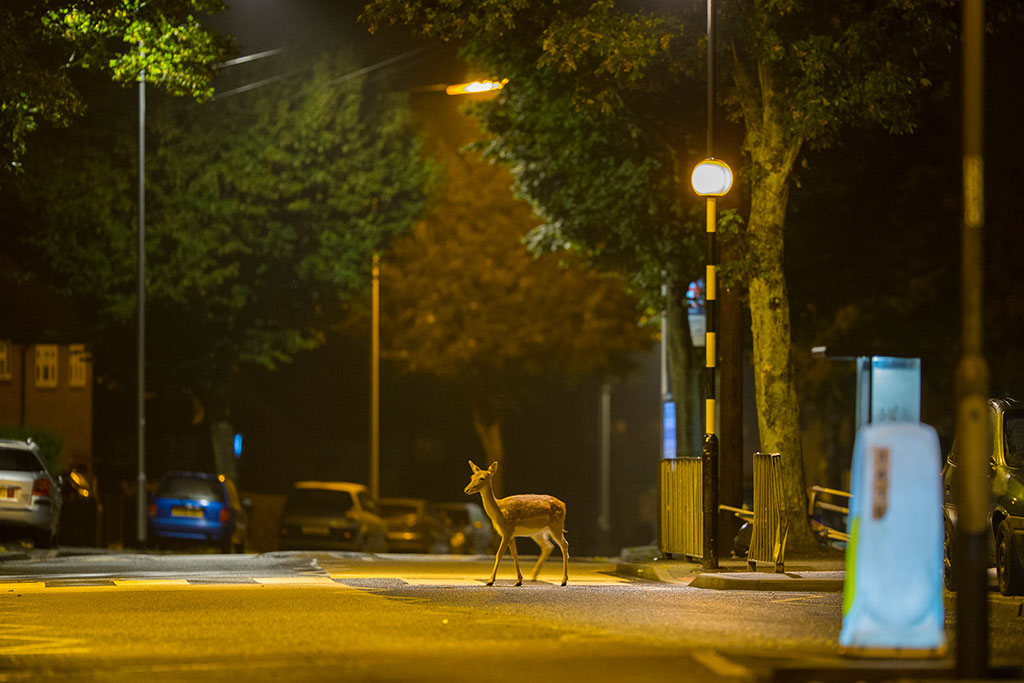
- In the early days of the Covid-19 crisis, the planet seemed to be the one thing to benefit from our entire world shutting down
- We marvelled at seeing the fish in Venetian canals again, air pollution receding, the Himalayas visible from the Punjab for the first time in 30 years.
- And of course, severely restricting air travel has a significant upside for the planet.
- But as we’ve been pre-occupied with managing Covid-19, we’ve largely lost focus on the climate crisis. It’s been put on the back burner
- And while that’s understandable, it’s a great shame. There’s an opportunity to capitalise on the momentum created by worldwide lockdown, harness what can be achieved by ‘collective’ effort, to ensure that as we build the world back up again, we do so with the sustainability agenda at its heart.
- Leadership in the sustainability space, which has always been lacking bar a few notable individuals, has been remarkably quiet.
- As lockdown continued, we started to see new behaviours emerge that aren’t in keeping with sustainability principles.
- Things like switching to packaged fresh produce rather than loose, anecdotal reports of reduction in recycling due to difficulties accessing centres, the demise of the keep cup. As we plan our returns to work, many are wary of accessing public transport and are planning to drive long distances instead.
- It remains to be seen if these are a temporary blip. But as we start to emerge from the eye of the Covid-19 storm, the sustainability agenda needs to be a priority for everyone.
- We have now seen at first hand what natural disaster can do to our ways of life, our economies, our social supports. We had very little warning of Covid-19, but this is not the case for the climate crisis. This should be our wake-up call to never get caught out again
Collective versus the individual
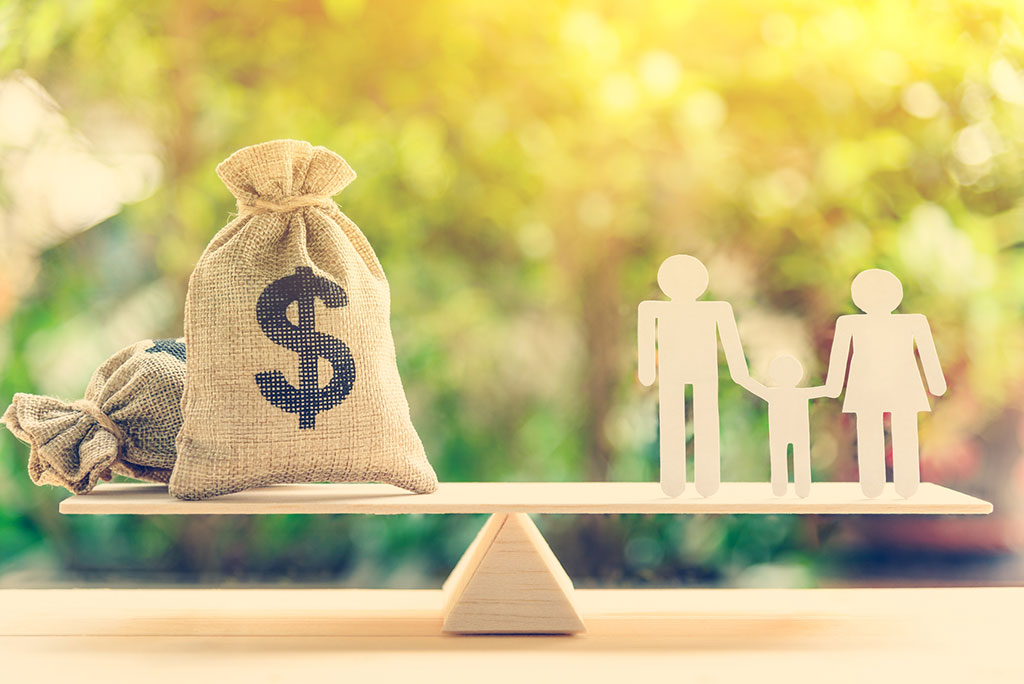
- Growing up in a western, liberal democracy, we’ve been used to prioritising our individual wants and desires (within the confines of the law naturally)
- The Covid-19 crisis has required us to act and make sacrifices for the good of the collective. It’s been a significant culture shift, we’re not going to lie, but one of the things it has taught us is our interdependence on each other. In sharing the same ecosystem, breathing the same air, touching the same objects, we impact on other people’s health and even each other’s lives.
- As the initial threat diminishes slightly, we’re not done grappling with the tension between individual desires and the collective need. The young and strong, under no great threat from this disease, will have to curtail/reimagine their work, play, leisure, travel, dating, socialising for the foreseeable. In the short term, that seems like a reasonable thing to ask. In the longer term, it’s harder to say.
- In a similar vein, perhaps one of the most surprising things about the Covid-19 crisis is the degree to which the needs of business and the economy were deprioritised for the good of public health. Again, that’s outside of most of our experience.
- It remains to be seen how bad the recession/depression will be (the ESRI report just released is somewhat alarming). But we may need to apply more creative thinking than we ever have before to emerge from economic chaos. Prioritising social good over individual gains may end up being a significant characteristic of the recovery also.
Survival of the Fittest
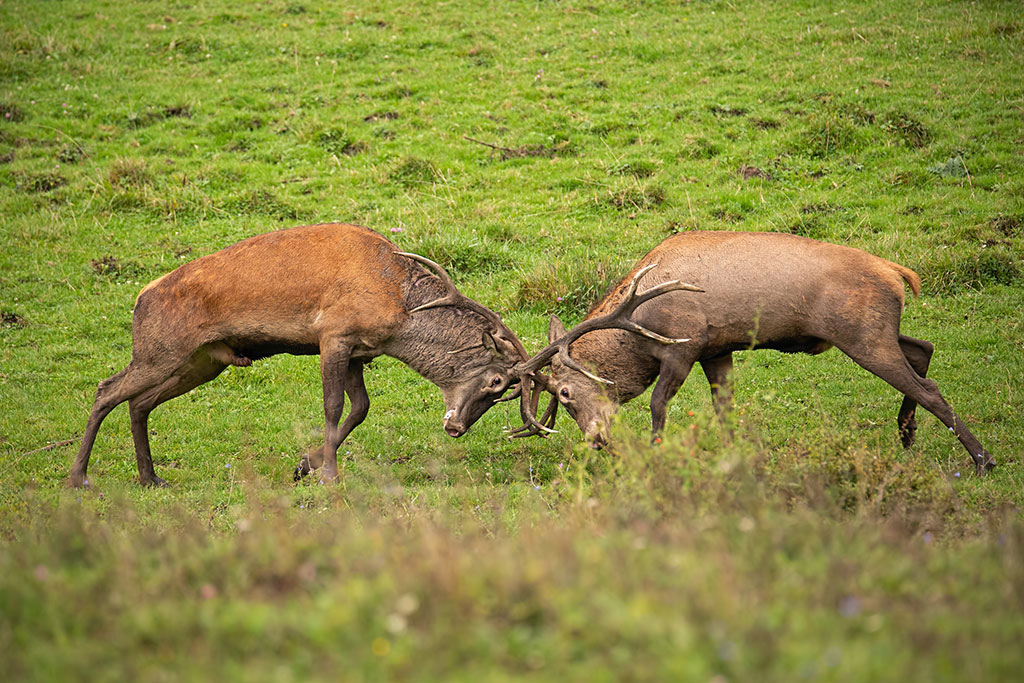
- We’ve also been used to living in a modern service economy
- We focused on our day jobs and we outsourced a lot of the rest. In our previous lives we had teachers to teach our children, chefs to cook us meals, hairdressers to take care of our greys, bartenders to pull us pints. The more affluent among us even had personal trainers to keep us motivated at the gym and cleaners to keep on top of the house. As a society, we had social services to look out for the vulnerable, a medical service that covered a whole range of minor, non-essential ailments.
- During lockdown, we lived without all that. And during that time, we’ve realised that maintaining a standard of living close to what we had pre-lockdown depends on our own abilities, talents, application and energy levels.
- If we want nice meals nowadays, we have to make them ourselves (though takeaway services are beginning to fill that gap a little). And in fairness, many of us are reporting great improvements in our baking and cooking abilities over the last 10 weeks.
- We’ve been scrabbling to build our skills in home schooling, hairdressing, cocktail making, with varying degrees of success.
- And while some of this is pretty superficial (there are no major repercussions if we fail to replicate chef style chicken wings at home), some of it is much more consequential.
- If we don’t have the skills, application and time to home school our children, they will inevitably fall behind. And this is happening up and down the country right now, while their more privileged peers forge ahead.
- As the burden falls more heavily on the individual, it stands to reason that not everyone can deliver to a basic level, let alone the standards of professional services.
- The vulnerable falling through the cracks right now are the silent victims of lockdown. It will be some time before we understand the magnitude of this problem, much less be able to take steps to address it.
The Milk of Human Kindness
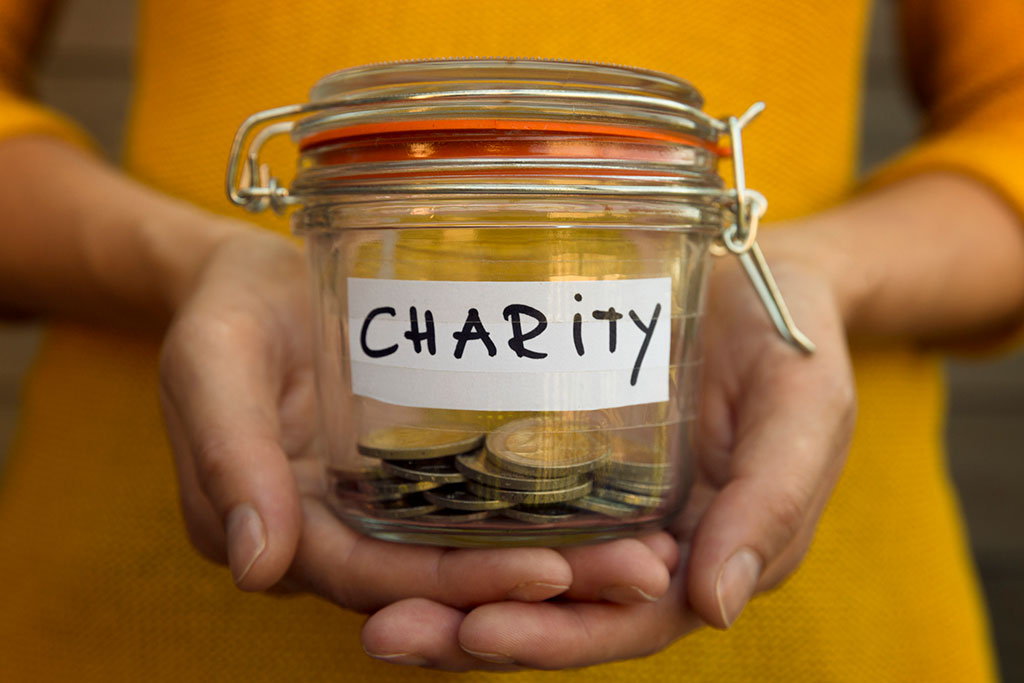
- But in the midst of everything, the human capacity for generosity and kindness keeps shining through
- We’ve been commenting on this from the start. We’ve been touched by small acts of kindness from our neighbours and friends. We’ve been bowled over by the support given to communities by the likes of An Post and the GAA. We’ve been humbled by the doctors, nurses and other essential workers, risking their lives every day for the greater good.
- And 10 weeks into Lockdown, these acts of kindness just keep coming. We’re seeing a flurry of fundraisers up and down the country for the likes of Pieta House and homeless charities, the 5K run challenge, Daniel and Majella’s appeal on the Late Late Show which raised more than a million for SVDP.
- Everywhere we look, heartwarming stories are grabbing our attention. Like the recent charity drive for the Choctaw Native America Tribe who long ago donated $170 to starving Irish families during the potato famine and are now suffering with the impact of Covid. Or (in a slightly different vein) the amazing 1980s tribute tiktok, created by the teachers at Pobalscoil Chloich Cheannfhaola to send off their sixth years.
- When the chips are down, it is very heartening to see the human desire to dig deep and support those less fortunate than ourselves. We’ll need that spirit as we keep fighting the virus and working on rebuilding our lives and society. In some senses, this crisis has brought out the very best in us and that gives us some comfort amongst the chaos.
Implications for Brands
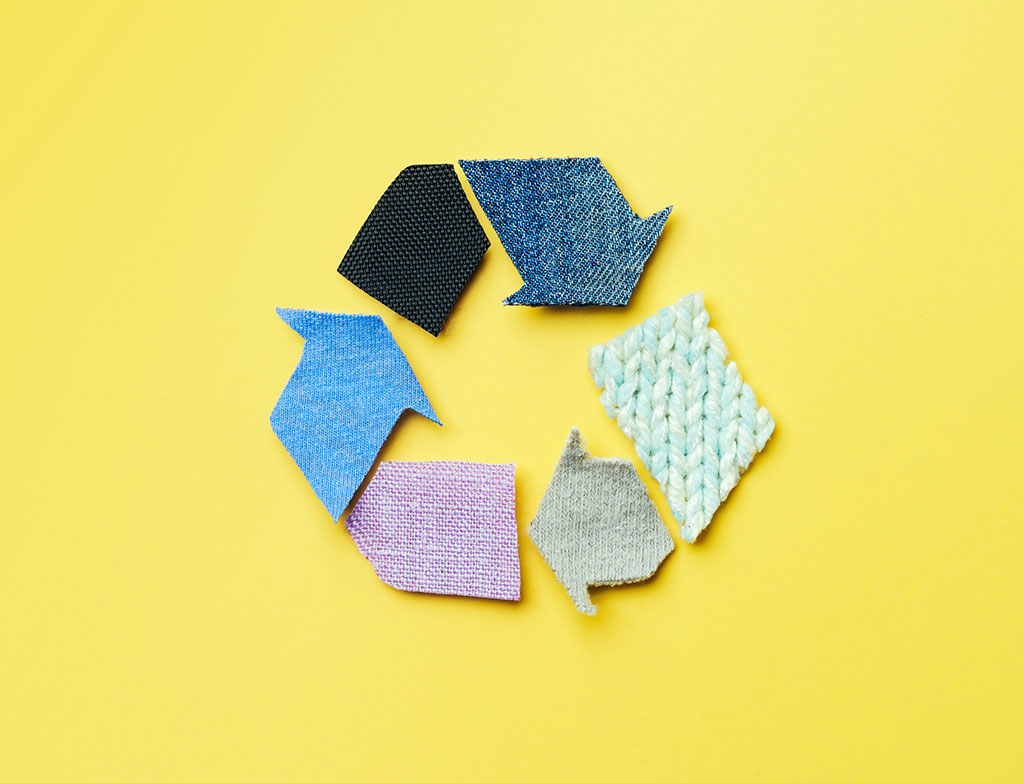
- While we’ve all been (rightly) cautious not to let our guard down as cases fall, it is appropriate for brands to reflect the emerging sense of hope and to acknowledge the huge effort the public have put in to get us to this point. The ‘can do’ spirit is growing.
- And as come up for air on Covid-19, it’s now time to bring sustainability back on the agenda. There is significant opportunity for brands to lead in this space and to ensure that, as we strive towards getting the economy back on track, we do so in a way that prioritises green growth. While we all know it’s difficult to find the time and energy to give to this, we will never get a better chance to get this on the agenda.
- There are a whole host of opportunities to support consumers struggling with the restrictions of the service economy right now. Some of this is about helping people hone their own skills. The recent spate of bread making has demonstrated the desire to upskill to a high, almost professional level, so we can see demand for ‘masterchef’ style cookery courses, cocktail classes, home brewing growing. Personal grooming also offers many opportunities.
- Equally, there are areas where consumers are more interested in professional supports that can be delivered in new formats. If the schools aren’t back in full capacity by September (thinking the unthinkable, we know) there will be considerable demand for private, quality tutoring that can be done digitally or in socially distanced groups.
- As kindness and generosity proliferate, what is your business doing, what are your employees doing? Support and celebrate these acts of goodness, because they are driving are faith in the human spirit and our ability to overcome this.
